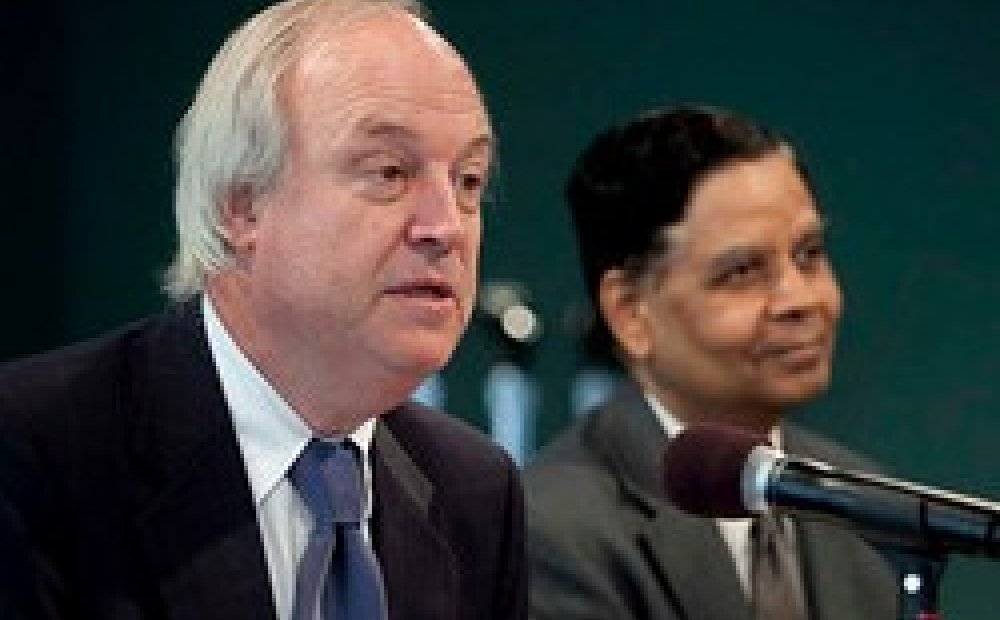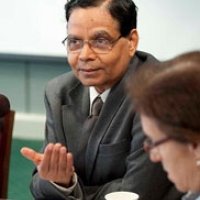The Elephant and the Jaguar: Whither Indo-Latin America Relations?

Much has been made of China’s growing presence in the Western Hemisphere. Yet, in the course of the past decade India has become a valued partner of Latin America as well. From 2000 to 2010, Latin America’s diplomatic missions in New Delhi increased from 12 to 18, and India’s in Latin America from 7 to 14. Trade, worth $20 billion in 2010, is growing fast, as is Indian investment in the region. Indian IT companies have been in the lead, but companies in other sectors, from oil to pharmaceuticals, are not far behind.
Like China, India has an interest in raw materials and energy to fuel its industrial development. The largest Indian investment in the region--$2 billion—is in Bolivia, in the minerals and energy sectors; and Indian oil, steel, and sugar companies are expanding their investments in Brazil, Venezuela, Colombia, and Cuba, among other countries.
As the IDB has indicated, the big difference is that Indian investments in Latin America also take place in sectors with more value-added—information technology, pharmaceuticals, to name a few.
Political relations are also becoming more dense: over the last decade, Latin America’s diplomatic missions in New Delhi increased from 12 to 18, and India’s in Latin America from 7 to 14.
What are the implications of this for Latin America and the Western Hemisphere more generally? What is the significance of the relationship in economic as well as political terms?
Speakers

Research Professor, Boston University; Co-editor, FIXING HAITI : MINUSTAH AND BEYOND.

Columbia University
Hosted By

Latin America Program
The Wilson Center’s prestigious Latin America Program provides non-partisan expertise to a broad community of decision makers in the United States and Latin America on critical policy issues facing the Hemisphere. The Program provides insightful and actionable research for policymakers, private sector leaders, journalists, and public intellectuals in the United States and Latin America. To bridge the gap between scholarship and policy action, it fosters new inquiry, sponsors high-level public and private meetings among multiple stakeholders, and explores policy options to improve outcomes for citizens throughout the Americas. Drawing on the Wilson Center’s strength as the nation’s key non-partisan policy forum, the Program serves as a trusted source of analysis and a vital point of contact between the worlds of scholarship and action. Read more


Indo-Pacific Program
The Indo-Pacific Program promotes policy debate and intellectual discussions on US interests in the Asia-Pacific as well as political, economic, security, and social issues relating to the world’s most populous and economically dynamic region. Read more
